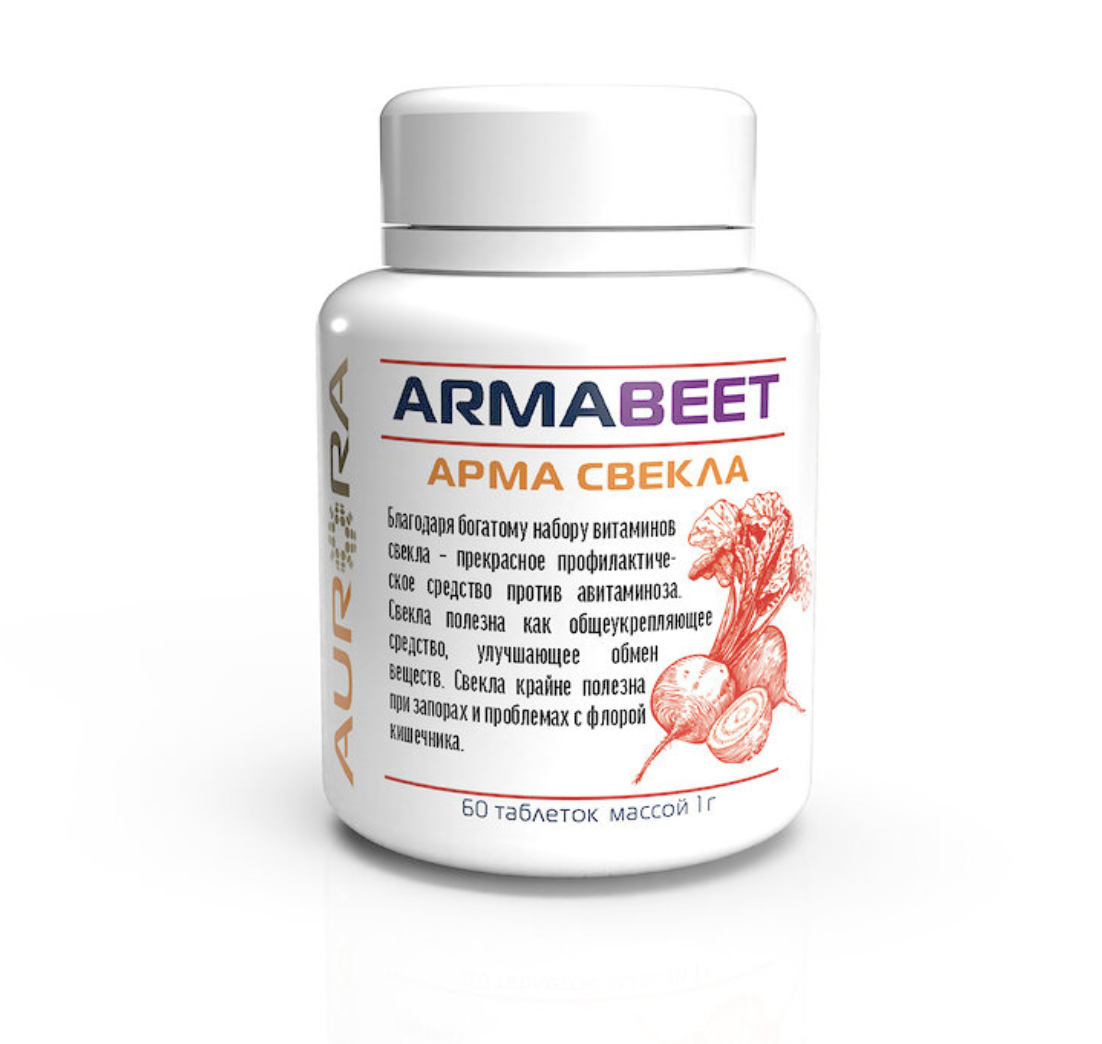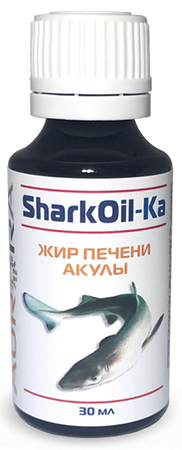If you haven’t heard of freeze-dried foods yet, you’ve lost a lot. They can help you in various situations. – both for long journeys and for long-term storage. After all, when the product is freeze-dried, unlike the usual freezing, its useful properties are not lost at all.
But first, let’s look at how sublimation works. This technology was developed in 1904, but its industrial application began only half a century later. First, the product (beets or any other vegetable or fruit) is deep-frozen. This one’s familiar, isn’t it? But here the beetroot adventure is just beginning! After that, the process of freezing takes place in vacuum dryers – and here the product loses up to 92% of all its moisture. The taste and all the vitamins with useful properties are completely preserved, but the beet itself becomes 10 times lighter and much smaller.
Of all the vegetables and fruits that normalize metabolic processes and increase the vitality of the body, a very special place is occupied by table (red) beets and their juice.
Table beet is a time-tested food product. According to the Great Soviet Encyclopedia, beetroot has been known to mankind since ancient times. Wild beets have been used since time immemorial, ancient healers widely used them for the prevention and treatment of the sick, the priests of Memphis in Egypt used red beets to protect people from the sweltering heat and the risk of epidemic diseases. In those distant times, the red beet of the “Egyptian” variety, which had the shape of a flattened turnip, became the most common vegetable crop among the peoples of the Mediterranean and was called “Mediterranean”. It was used both as a medicinal plant and as a food plant. Gradually, the area of distribution of beets expanded and now it is cultivated all over the world, along with such major vegetable crops as potatoes and carrots.
By the beginning of our era, cultural forms of root beet appeared. From the X—XI centuries they were known in Kievan Rus, from the XIII-XIV centuries — in the countries of Western Europe. In the XVI—XVII centuries, beets were divided into table and fodder varieties. In the XVIII century, the sugar beet was separated from the hybrid forms. At the end of the XIX — beginning of the XX century, beets became widespread on all continents.
Beetroot contains an average of 86% water; of 13-20% dry matter, 9-16% is sugar; 1.8-3% is protein, up to 0.5% is organic acids, 0.7-1.4% is fiber, 0.8 — 1.3% is mineral salts, trace elements, vitamins-C, B, B2, P, PP and others.
Red-pigment-containing plant products (red beets, red cabbage, blueberries, blueberries, black currants, black mountain ash, blackberries, black grapes, and dry red wine) have wonderful nitrogen —containing pigments — anthocyanins, which are analogs of the so-called respiratory coenzymes-flavonoids that provide plants and animals with the ability to perform respiratory functions.
Since in the course of evolution, people have lost the ability to accumulate reserves of “free oxygen” in the body, oxygen starvation has become very short — only 3-5 minutes! Therefore, the use of red pigment-containing plant products is an affordable and reliable means of self-defense against oxygen starvation. The peoples whose diet traditionally contains these products have a high vitality, they are much less prone to overwork, colds, neuromuscular disorders and even malignant tumors, As a rule, such people are characterized by healthy optimism and cheerfulness.
About trace elements in beet juice:
Here is what Doctor of Medical Sciences, Professor A. Turova and doctor E. Sapozhnikova write about red beet:
“Beets contain an extraordinary variety of trace elements and other minerals: potassium (K), calcium (Ca), phosphorus (P), sodium (Ma), chlorine( C1), cobalt (Co), copper (Cu), iodine (I), magnesium( Md), manganese( Mp), sulfur (S), etc.
The need for these elements is especially strong under stress or overstrain: when passing exams, professions that require special stress – for pilots, astronauts, business people, scientists, drivers, accountants, etc.The combination of potassium and calcium in beets is such that it ensures the normal functioning of the cardiovascular system, exerting an anti-sclerotic effect and normalizing the acid-base balance of the blood.
A special role belongs to cobalt, without which the body does not form vitamin B2 — the main stimulator of hematopoiesis. Vitamin B12 ensures the formation of red blood cells in the bone marrow, and thus is anti-anemic factor, i.e., prevents anemia, or contributes to the restoration of hemoglobin and number of erythrocytes in patients with anemia.
An important trace element is copper. It is a part of porphyrins and many enzymes and also promotes hematopoiesis.
It is impossible not to say about iodine. All known diseases of the thyroid gland and thyrotoxicosis are the result of its deficiency. Cretinism in children is the result of a lack of iodine in the mother during pregnancy. Iodine deficiency in water, in particular, in the Moscow region, leads to the fact that up to 50% of people (especially women) suffer from thyroid diseases. In advanced cases, only surgical intervention helps. However, without regular intake of iodine or hormones containing iodine (triiodothyronine, thyroxine, thyroyodine), the effect of surgical intervention is very short-lived. In addition, iodine helps in the treatment and prevention of atherosclerosis. The presence of magnesium in the body regulates the tone of blood vessels, prevents the formation of blood clots in them and the development of hypertension. Other trace elements are also important for the normal course of metabolic processes. And a normal metabolism means good health, resistance to diseases, high performance and sexual activity.
About vitamins and more:
Beetroot, as already mentioned, contains almost all the vitamins necessary for human life: vitamins C and K, B vitamins (B, B2, B6, B12), PP, nicotinic, pantothenic and folic acids. The presence of B vitamins is an important factor that ensures the active function of the nervous system. Recently, vitamin U, an anti — ulcer factor that was previously only found in cabbage, was found in beets. It is noteworthy that vitamin U and B vitamins are not destroyed in beets, even during heat treatment for an hour. In addition, vitamin U has an antihistamine effect, i.e. it is a drug that suppresses allergies.
A special role belongs to betaine – a unique substance that is only found in beets. Its name comes from the generic name of the beet-Veela. In chemical structure, it is close to choline and lecithin-known regulators of metabolism. Betaine promotes the absorption of proteins, improves liver function.
The saponin present in beets binds dietary cholesterol in the intestine into insoluble complexes. Saponin and vitamins also have an anti-sclerotic effect, improve cholesterol metabolism.
It is very important to have fiber in beets, which helps to strengthen intestinal peristalsis and better cleanse it, as well as the release of digestive juice (enzymes) and bile.
A special place is occupied by pectins — another” ballast ” of beets. In the presence of water and organic acids, pectins create gelatinous masses that also excite movement in the intestine. Moving through the intestines, they absorb many harmful products: salts of heavy metals, mercury, lead, tin, toxic substances of microbial origin, rotting food residues and intestinal parasites, excess cholesterol.
Learn more about beet juice:
The daily intake of beet juice should become the need of every person who wants to remain healthy and efficient.
Freeze-dried beet juice preserves all the useful properties of beets. The medical and biological (pharmacological) effect of beet juice depends on the pectins and other polysaccharides, mono – and disaccharides, water – soluble vitamins (ascorbic acid, thiamine, riboflavin, pyridoxine, folic acid, and others), flavonoids, organic acids, micro-and macronutrients, enzymes (enzymes) and some other biologically active substances, in particular, betaine and biotin.
Yu. M. Ivanov in the book “Yoga. How to become healthy ” emphasizes that the benefits of juices as a source of vitamins and trace elements have always been well known to yogis. The most affordable juices – beet and cabbage-have everything you need for the human body. “Beet juice,” he writes— ” is the most valuable juice for forming red blood balls and improving the composition of the blood in general.”
To regulate metabolic processes and maintain health, it is recommended to take 1 tablet of “Arma Beet” 2 times a day. You can use this product in combination with any of the company’s products. Depending on the taste, the state of the gastrointestinal tract, the acidity of the gastric juice, “Arma Beet” can be taken regularly-on the recommendation of a dietitian or according to health.
Freeze-dried beet juice product “Arma Beet” is recommended for prevention:
- atherosclerosis;
- hypertension or hypotension;
- cardiovascular diseases;
- drug poisoning, including as a result of chemotherapy and radiotherapy;
- acute and chronic infectious diseases, including cystitis, proctitis and prostatitis;
- diseases of the gastrointestinal tract, liver and pancreas;
- boils and abscesses;
- diathesis of various etiologies;
- cancer
- in order to ensure proper immunity, increase mental and physical performance, under stress, living in environmentally unfavorable regions and working in harmful working conditions.
Composition of 1 tablet, weighing 1000 mg: lyophilized beet powder 990 mg, magnesium stearate (tableting component) -10 mg. It does not contain GMOs.
Recommendations for use: Children from 6 years and adults from 1 to 3 tablets a day with meals.
Contraindications: individual intolerance to the components of the product.
Storage conditions: in a clean, dry, dark place at a temperature of 5-25 °C and a relative humidity of not more than 75%.
Expiration date: 2 years from the date of manufacture.
Release form: 60 tablets, weighing 1000 mg.
Nutritional value per 100g of product: proteins-1.5, fats-0.1 g, carbohydrates-8.8 g.
Energy value 100g: 42 kcal / 175.84 kJ







 Русский
Русский Deutsch
Deutsch
Reviews
There are no reviews yet.